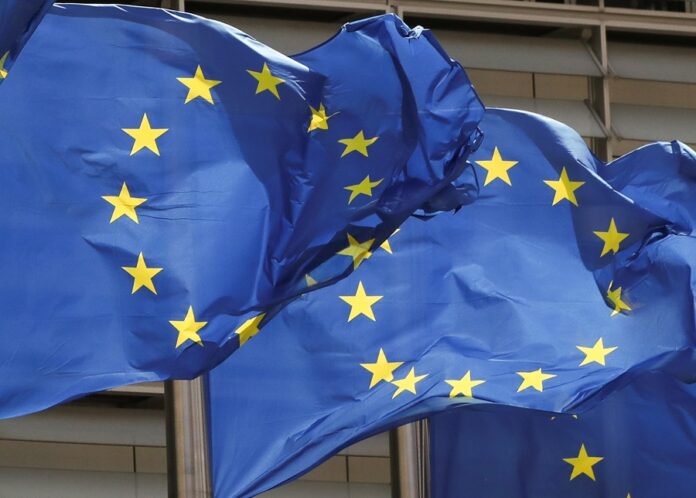Germany, Denmark, Slovenia and seven other European Union countries on Wednesday warned of attempts to weaken the bloc’s climate change policies, which they said are pushing negotiators towards deals that could thwart the region’s green goals, according Reuters.
In a joint statement, the countries said such efforts were happening both among EU states and the European Parliament, without naming specific countries or lawmakers.
“We are looking with rising concern at the different calls to water down ambition across the files … and the concessions made in the context of finding compromises,” said the statement, led by Denmark and also signed by Austria, Spain, Finland, Ireland, Luxembourg, the Netherlands and Sweden.
“Seen in isolation, these changes might seem justified or limited in impact, but adding them all up we risk missing the mark by 2030 and setting us on an impossible trajectory thereafter,” it said.
With the negotiations taking place against a backdrop of soaring energy costs, inflation and Europe’s dash to buy non-Russian fossil fuels, the concerns reflect the difficulty the EU faces in implementing economy-transforming CO2 cuts among its 27 member states.
The countries urged policymakers not to let „short term motives” undermine their resolve to fight climate change.
The dozen EU laws are designed to cut the bloc’s net emissions 55% by 2030, from 1990 levels. They include a 2035 ban on new fossil fuel car sales and an upgrade of Europe’s carbon market. Some have faced recent setbacks.
Parliament last week failed to agree its position on the carbon market, after lawmakers disagreed on how ambitious it should be.
Failure to hit its 2030 goal could see Europe struggle to then achieve net zero emissions by 2050 – the global milestone scientists say would avert the worst impacts of climate change.
EU countries and Parliament each plan to agree their position on the climate policies this month, before negotiating together to agree the final laws.


